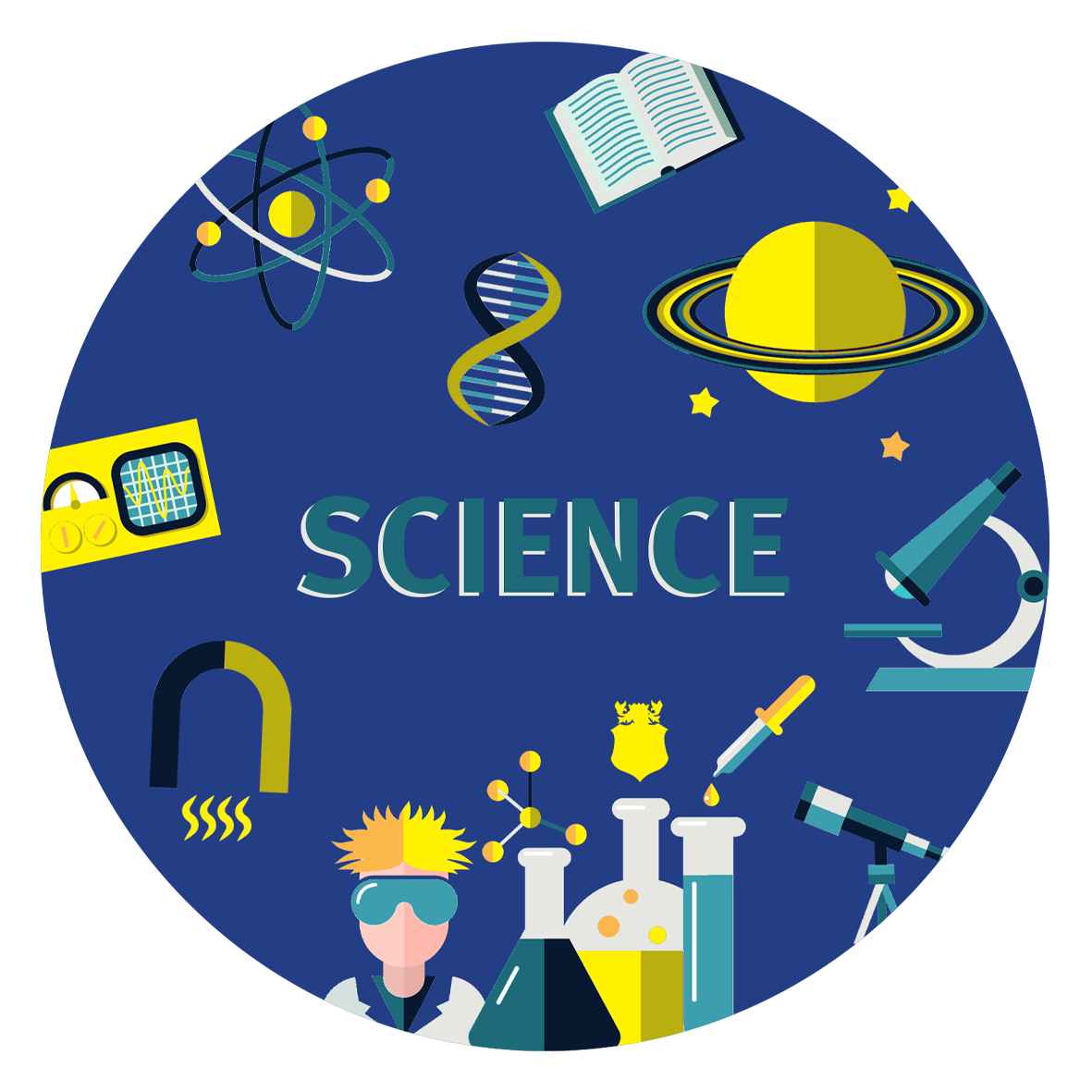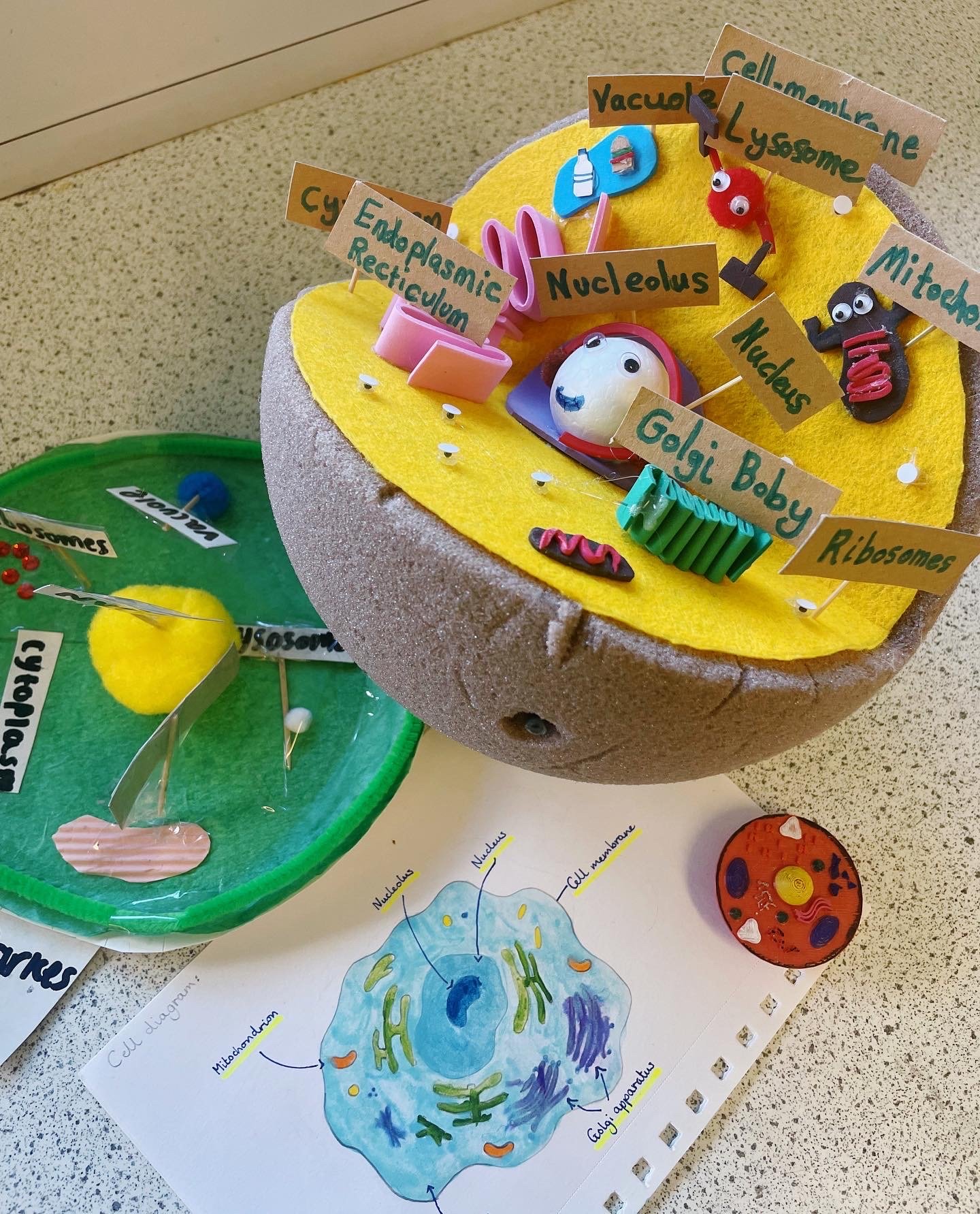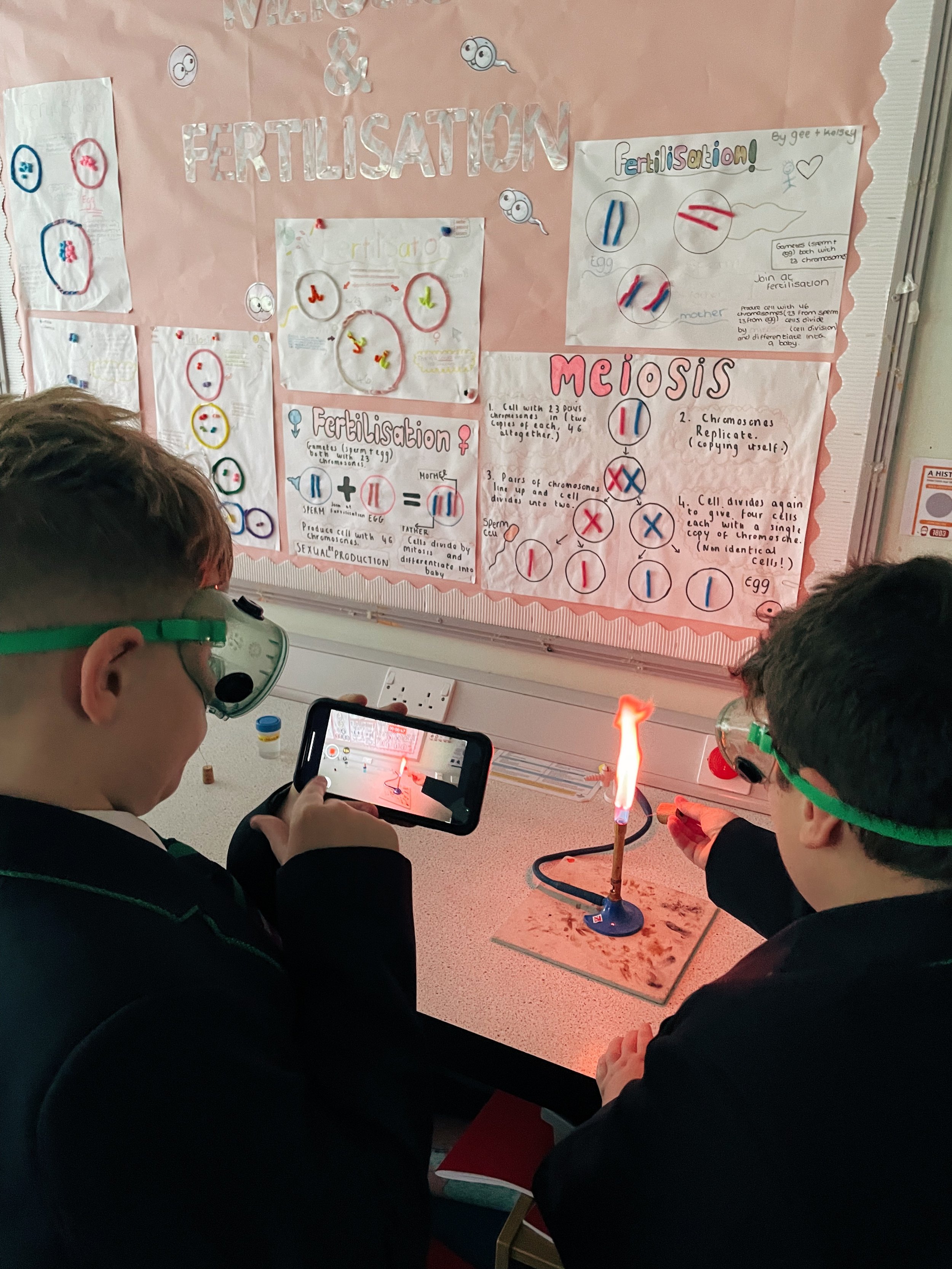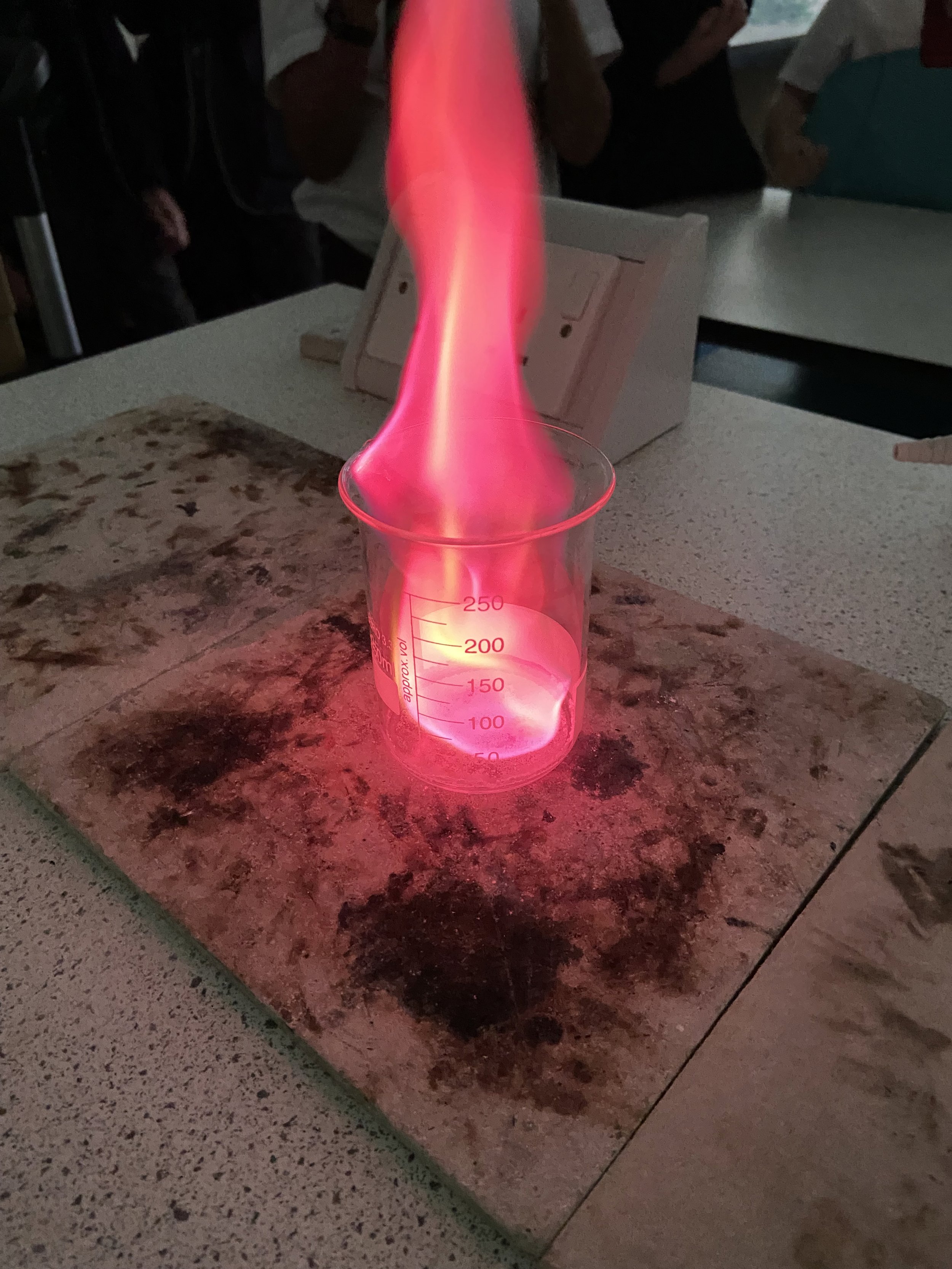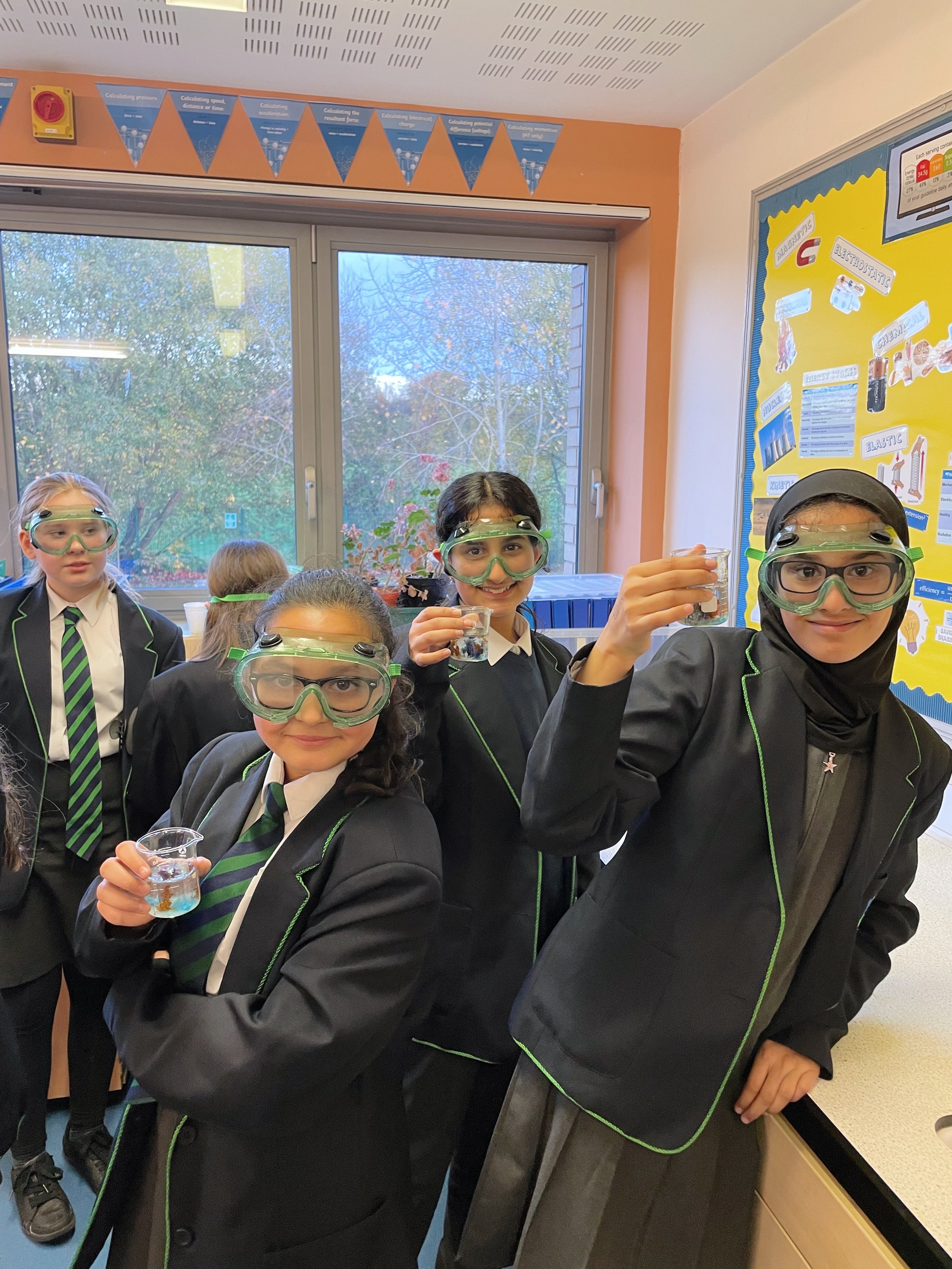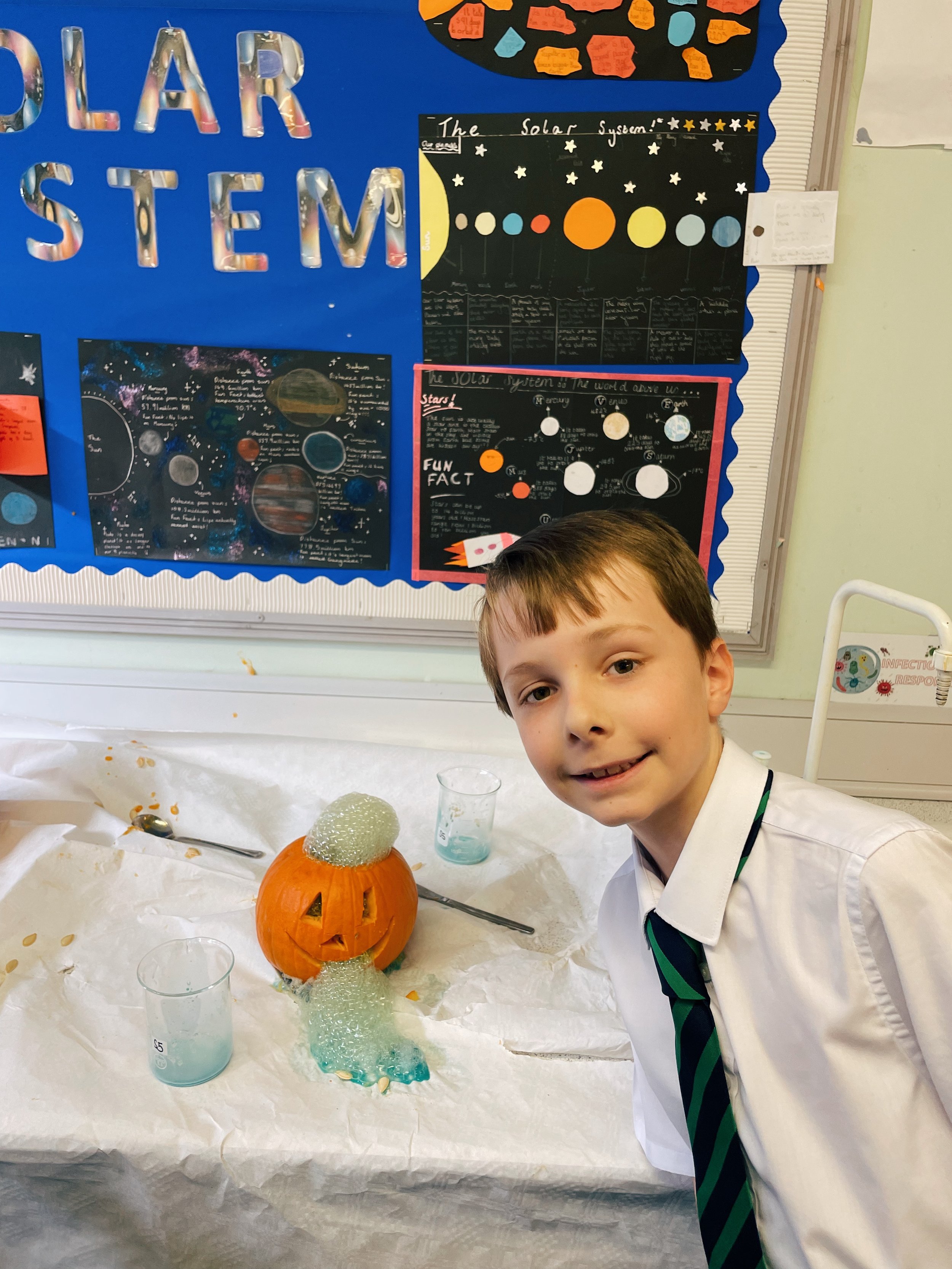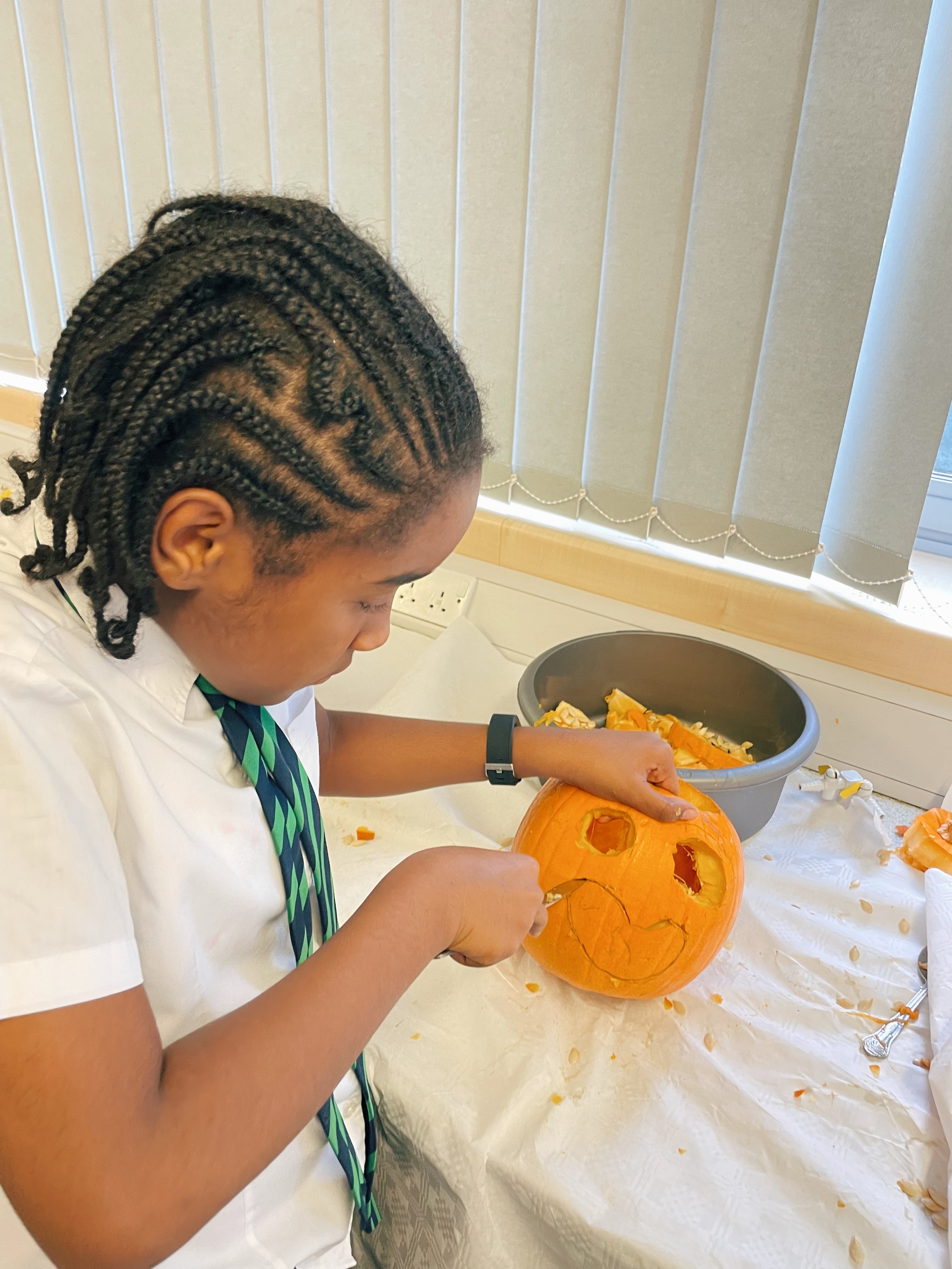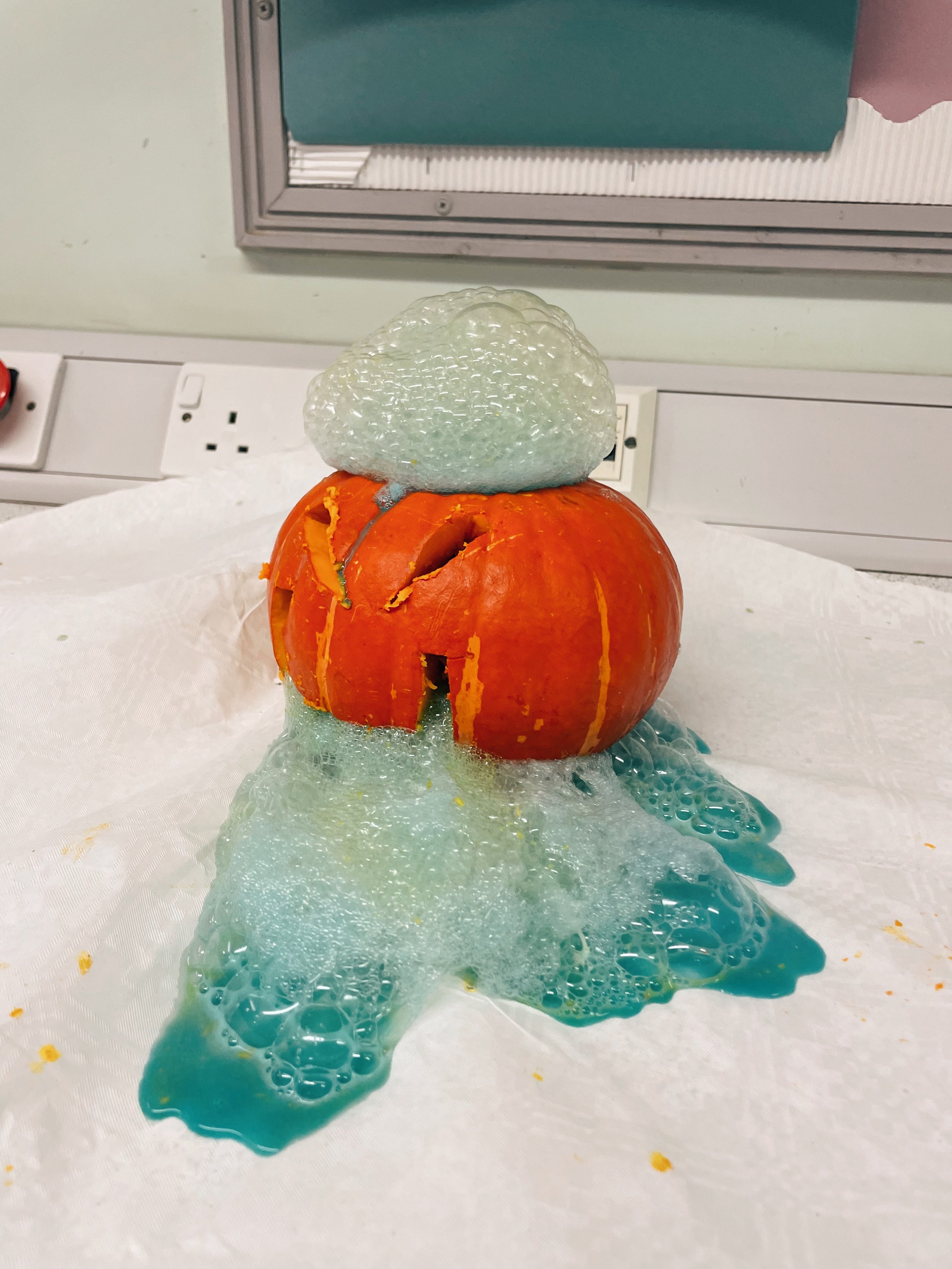science
SUBJECT OVERVIEW
The Science Department is very large, comprising ten teachers, two laboratory technicians and nine laboratories together with preparation rooms. Over the years the department has been very successful both in terms of examination results as well as pupil participation in science clubs and gifted and talented events across Dudley.
In Year 10 all pupils either take two GCSEs in Science (Combined Science: Trilogy) or all three GCSEs in Science (Biology, Chemistry and Physics). Science is an incredibly popular subject with many students going on to study Sciences at A level. Both Trilogy Science and Separate Science pupils are accepted for A level study. Students are selected for the various courses based on performance in their Y9 examinations.
INTENT
Our curriculum has been designed to effectively deliver the AQA specifications accurately to all abilities offering a range of teaching strategies and practical opportunities. Our aim is for all students regardless of ability, to speak, write, act and engage as Scientists. At KS3, pupils follow a course that is based on AQA, Catalyst and the big ideas in Science. The course is heavily based on practical skills and these make up approximately 40% of curriculum time. The aim here is to engage all pupils and to allow pupils to achieve success. Motivated students at KS3 lead to highly effective learners at KS4. At KS3, we teach a bespoke curriculum that prepares students to access GCSE courses. To aid consistency, each KS3 topic has a set of core questions and keywords, which allows both staff and students to know what knowledge is being taught. At the end of year 9, pupils are selected for triple based on outstanding performance in the end of year examinations and assessment averages.
All teachers have high expectations and prepare students to maximise their performance in Science no matter their starting ability or experience. We use do now activities at the start of lessons to enhance retrieval practice, literacy, numeracy and how science works skills. How Science Works skills (HSW) are taught throughout both Key Stages and are planned for within our curriculum maps. All units of work at KS3 have HSW activities incorporated into lesson plans and resources for staff to base lessons upon have been created.
WIDER SCHOOL OPPORTUNITIES
All pupils receive a rich tapestry of provision across the five years of Science lessons. We value and teach explicitly resilience, logical thinking, problem solving, and the ability to think write and speak like scientists. We expect our pupils to question their own understanding of the scientific course content and reflect on its implications to the real world. We seek to explore current topics in the media through our teaching, such as Ebola, vaccinations, stem cell treatment of genetic disease. Pupils gain many transferable skills valued at higher education and employment. Science story literacy tasks allow students to find out about how scientists have discovered medicines and developed their own theories. We also develop cultural capital by allowing students to go on a number of science trips during their time here at Redhill. This includes trips to the national history museum and the space centre in Leicester.
Science Curriculum - Spring term
SMSC IN SCIENCE
Spiritual development – pupils are given many opportunities in science to consider the big ideas that have interested man. The Big Bang, Evolution, Genetic Engineering, The Human Body, Diseases, are all topics that engage pupils and allow them to consider these big topics. In lessons pupils are seen to be thoroughly engaged when answering questions regarding their origins, and this also allow pupils to question their understanding of their world.
Moral development – through the teaching of key ethical issues in Science students are encouraged to explore their own opinions about: consequences and actions, contraception, global warming, IVF, nanoscience, cloning, stem cells and research techniques.
Social development – the science laboratory provides many opportunities for group work, debates, adopting different roles within the classroom and working with completely different groups of people. A key skill taught is to question the value of the media as a source of scientific knowledge. This allows pupils an understanding of the value of different scientific and non-scientific evidence that might be presented to them.
Cultural development – Science offers pupils the chance to gain knowledge of scientists from around the world, including British science and scientists. Topics that develop insight into other cultures compared to our own include: pandemics, famine, diet around the world and genetic engineering.


